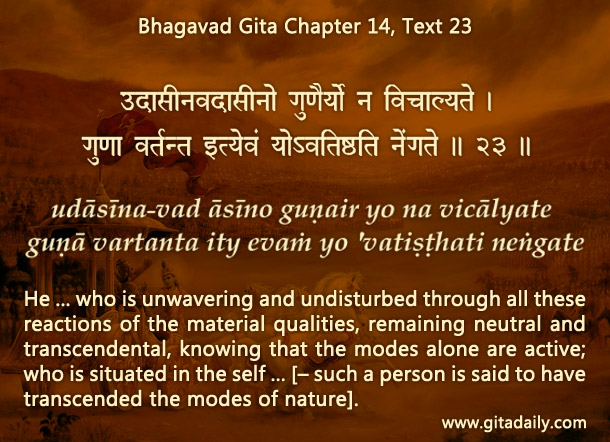Our urges aren’t like endlessly rising lines they are like endlessly recurring waves – surf them patiently
Whenever some self-destructive urge attacks, we tend to think: “This urge is becoming stronger and stronger. Soon, it will become irresistible. When I will have to give in eventually, what is the use of struggling in vain to resist it?”
Such thinking presumes that our urges are like endlessly rising lines; so, resisting them is a lost cause. Actually, however, our urges are like endlessly recurring waves that keep going through crests and troughs.
Even though an urge may be rising now, it will eventually crest and then decline. The struggle to resist it will worsen while it is rising, but will ease once it flattens and then decreases. To resist that urge, we don’t need infinite strength; we just need adequate patience.
How can we develop such patience? By learning to surf our urges. Sea surfers go up and down with the water waves without getting carried away by them. Similarly, we too can situate ourselves above our urges, observing their crests and troughs.
Equipping us for such inner surfing, Gita wisdom explains that we are souls, who are different from our mind with its many urges. The Bhagavad-gita (14.23) exhorts us to use this knowledge of our spiritual identity to dispassionately observe the arrival and departure of our urges.
We can best situate ourselves spiritually by determinedly practicing bhakti-yoga, which connects us with the highest spiritual reality, Krishna (14.26). No matter how high an urge rises, holding on to Krishna can keep us above it, surfing safely.
When we practice bhakti consistently, even if our urges keep recurring, we will gradually become sufficiently competent to surf them resiliently.
Think it over:
- When resisting our urges, what misconception makes us quit?
- How can we surf our urges? How does bhakti practice make us expert surfers?
- Which urge overwhelms you the most? How can you surf it?
***
14.23 He … who is unwavering and undisturbed through all these reactions of the material qualities, remaining neutral and transcendental, knowing that the modes alone are active; who is situated in the self … [– such a person is said to have transcended the modes of nature].
To know more about this verse, please click on the image
Explanation of article:
https://www.youtube.com/watch?v=nHNPFOdrfe4
Podcast:


Leave A Comment